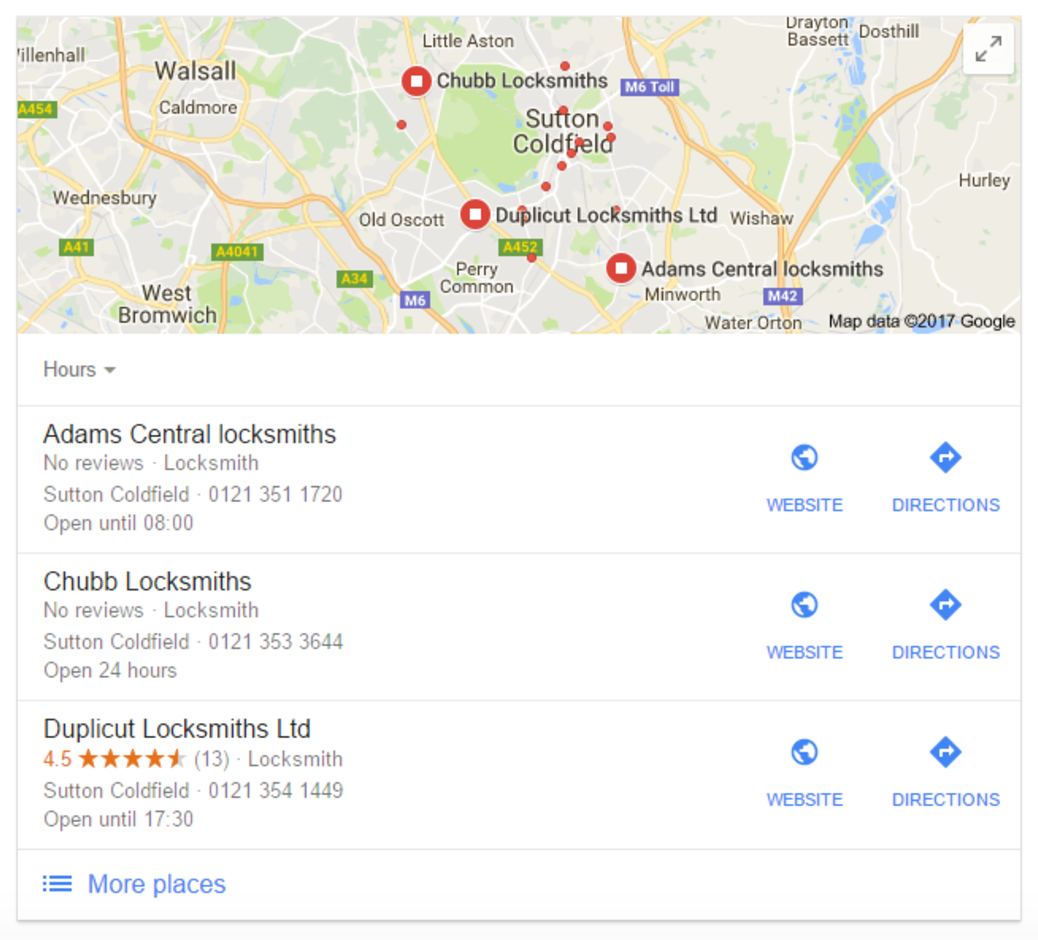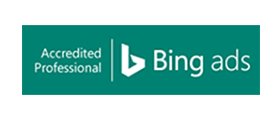You know SEO is important, but do you know what type of SEO is most important for your business?
In this article, we look at the different types of SEO and what SEO you need to focus on to help generate more business in 2022 and beyond.
Contents
Free SEO Plan – identify the 5 key things you can do to improve your rankings today with a complimentary SEO audit and plan.
1. What is SEO?
Search Engine Optimisation, or SEO, is the process you undertake to improve the visibility of your website in the organic (aka free) search results.
Whilst that description is accurate, from a high level, it is also not terribly helpful. In 2022 and beyond, search engines are complicated0 and what most businesses need to understand is what type of SEO they need and how to implement that for themselves.
The answer to that question could fill a book and does, with The Art of SEO book coming in at around 1000 pages.
In this article, we won’t cover every type of SEO, but we will cover the ones that are most relevant to the majority of small and local businesses. If you have any questions outside the scope of this article please drop a comment below or get in touch.
2. What kind of SEO do you need?
There are two main factors that determine the type of SEO that a business needs:
- The Type of Business – local, national, international, service, e-commerce etc
- The SEO Situation – where are you currently? What are your strengths or weaknesses
The first of these should be relatively easy to answer and you know what you do and where you do it.
The second question is a little more complicated to answer and you would need to perform an SEO Audit to get a clear idea of any strengths and weaknesses.
A few examples:
- technically well-optimised website but no authority – you need off-page SEO
- good authority but poorly optimised – you need on-page SEO
- well optimised content and good authority but has technical issues – you need technical SEO
You also need to factor whether you are a local or national business into this equation but only by understanding your SEO situation can you accurately detail a roadmap for SEO success.
Note: If you are unsure how to assess your SEO we offer a complimentary SEO audit and plan here.
3. Types of SEO
Armed with an understanding of your business and your SEO situation you can now apply the correct type of SEO.
3.1. Local SEO
Local SEO is mainly used by businesses who are looking to attract more customers in a specific location, for example, a locksmith, plumber, or florist. With this type of SEO, it’s all about geo-targeting and being visible in search engines at the exact moment a person is looking for that type of business in that specific location.
Local search triggers localised results, also known as the ‘map pack’ on Google, to show searchers which business is closer to the location they’re in, but, of course, they’re also listed in organic as well.
Below is an example of the localised results (map pack):

As you can see, these are the results that were generated when I searched for ‘locksmith Sutton Coldfield’. Google is able to identify the location I am in and present results that it thinks are the nearest. From these results, you can see how competitive it can be for companies who want to rank locally because there are only 3 places that show up initially on the search results. Of course, there are more listed, but the majority of searchers expect a result straight away rather than trawling through a long list of pages.
If you require this type of SEO, it’s important to claim a Google Business Profile (aka GBP/GMB) and ensure your business details (known as a NAP) are consistent across third party directory listings.
Local SEO is a game of three parts:
- Optimise your website for service and location keywords
- Claim and optimise your Google Business Profile
- Optimise all third party business listings known as citations
Local SEO is relatively easy but can be limited if you serve a wider geographic area and there is a lot of competition.
Multiple Location Businesses
Local SEO can also work well for businesses with several locations and each location needs to be optimised for the area of focus.
3.2. National SEO
The opposite of local SEO, national SEO campaigns are broader, bigger, and focus on the brand. They’re less location and service-based and competition is on a much larger scale.
For example, a large high street retailer could implement an SEO strategy to drive more traffic to their website to increase their online sales and acquire new customers, but competition comes in the form of other retailers and even online-only stores. Whereas local is quite a niche, national isn’t, and will likely target key terms that are broader, and may also have more of an in-depth strategy.
National SEO requires ranking nationally for service and informational keywords and typically, content marketing via SEO can play a big part here.
Note: National SEO is competitive
National SEO can be hugely competitive. The results can be dominated by the titans of the Internet age and it is important to assess the feasibility of national SEO and be prepared to play the long game.
3.3. On-Page SEO
On-page SEO is the practice of making your website pages search engine friendly in order for them to rank. The most important on-page factor is the page title because it’s an accurate description of what your business does. Optimising these is essential to achieve higher rankings as you typically need to include the keyword in them.
It’s also a good idea to optimise meta descriptions to tell the search engine what the page is about, your H1 and H2 tags (this is HTML code that makes certain words stand out on a page in the header), your web page copy (does it include your keywords?), and things like site speed and readability for a good user experience (after all, searchers can become very frustrated from a slow-loading website).
Key areas of on-page SEO, which is applicable to both local and national SEO are:
- Page Titles – the #1 SEO on-page factor
- Meta Descriptions – improve click-through rates with solid copy
- Body Content – optimise headers and body content to improve rankings
All sites need On-Page SEO so ensure you factor this into your SEO strategy.
3.4. Off-Page SEO
Off-page is the practice of externally improving your site’s ranking. This would include link building and making sure you’re generating inbound links from genuine and authoritative websites. Social media is also another off-site factor because this can be a positive signal to a search engine that your business exists, so make sure you’ve got your social media profiles set up.
Another off-page factor to help with ranking is writing blogs and articles because if these get shared by an audience, it becomes an opportunity to link back to your website. It’s also worth getting customers to leave reviews for your business, as, from a user point of view, this can be very useful to other people, and can help you stay ahead of your competitors.
3.5. Technical SEO
A search engine like Google can only index and return your site in search results if they can crawl and understand your site.
Technical SEO is the foundation upon which all other rankings are based so ensuring your site is technically well put together is a key factor.
You can easily check technical SEO with a tool like Screaming Frog or any common SEO Audit Tool. Alternatively, we will gladly review your SEO to ensure you are in technically in a good place.
Summary
We hope this gives you an overview of how SEO works and the common types of SEO.
With this information, you can assess your site and put together an SEO strategy and plan to improve your results and get more leads and business from search.
SEO Audit & Plan – get a complimentary audit and plan with the 5 key things you can do to improve your rankings today here.
Further Reading
If you are keen to dive in and start improving your SEO these articles will help.
- How to check website rankings on Google (for free)
- A set of basic, beginners SEO Tips anyone can implement to improve results
- Small Business SEO Tips to take your rankings from zero to hero
- SEO Tools – do you need SEO Tools to do SEO?
- Local SEO Tips – how to easily rank your local business in 2022
Technical SEO
Summary






